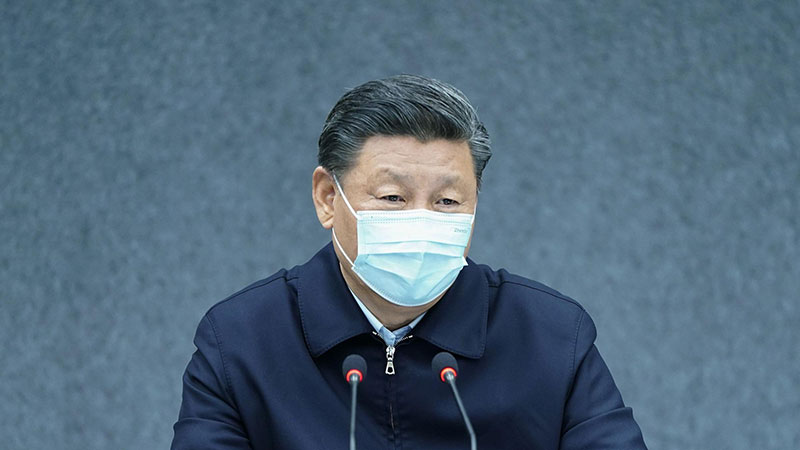First positive signs coming out of the trade dispute
The trade dispute between the US and China has dominated the news ever since US President Donald Trump announced his new doctrine of creating a “level playing field” in Davos earlier this year. Yet after months of aggressive rhetoric recently followed by actions (imposition of tariffs), the first positive signs coming out of the trade dispute are now starting to emerge.
Without any big governmental noise, two foreign companies have now quietly been allowed a level of access to the Chinese market to an extent that has never been witnessed before. Within a week Tesla, a US company, and BMW, the German luxury car manufacturer, announced that they would build plants in China without needing a Chinese majority partner. This is a first in Chinese business history, since foreign companies were – until now – required to team up with a local partner. In the past, this partnership would take the form of a joint venture where the foreign company was capped since it could not hold a majority stake.
These developments are a direct consequence of the trade dispute:
- First, at company level, threats over the imposition of trade tariffs have triggered companies to rethink the location of their production sites. In the case of Tesla, for instance, the imposition of a 25% “retaliatory” tariff on US imports into China would mean price increases of between USD 10,000 and USD 40,000 for each car sold. As a consequence, this would either sharply reduce Tesla’s margin on each car sold in China or dramatically affect the company’s competitive position in China. Therefore, the trade dispute has created a strong argument for switching the production of Tesla cars destined for the Chinese market into China.
- Second, on the political level, whilst the Chinese government cannot afford to lose face domestically by appearing to be giving in to US pressure, the removal of foreign ownership caps provides a strong message to other governments that China is serious about championing open markets. So far these promises have sounded very empty, as China had the least open economy amongst the world’s major countries. Also, the latest move is starting to address the lack of reciprocity on trade, which is a main concern for the US Administration and constitutes a key cause of the current trade tensions.
Whilst it is very early days and last week’s events are just small steps in the right direction, they suggest that China is not interested in embarking on a full blown trade war. Moreover, they also indicate that, despite all the controversy it has generated, the new US doctrine of creating a more level playing field based on reciprocal trade might have helped to further open the world’s second largest economy to foreigners.
The CIO Weekly Thoughts focus and reflect on key topics which caught Lars Kalbreier's attention during the week. It is basically a free expression of opinion to trigger healthy debates amongst readers and by no means intended to be neither a strategy review nor a buy or sell recommendation.









